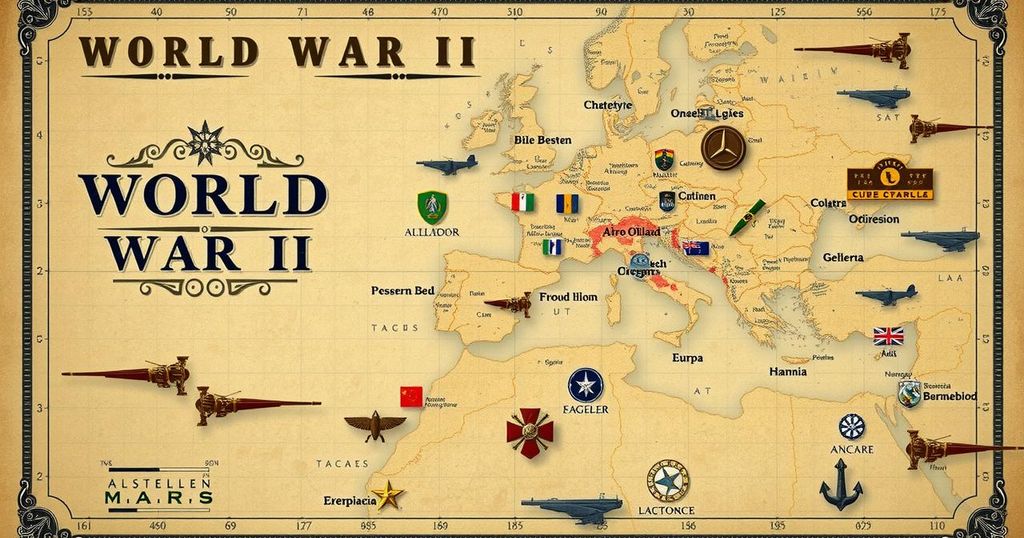Ranil Wickremesinghe Defends Sri Lanka’s Historical Role While Rejecting ICJ Accountability

Former Sri Lankan President Ranil Wickremesinghe argued against international accountability, particularly the ICJ, citing Sri Lanka’s contributions in World War II. He emphasized domestic justice mechanisms for Tamil victims while criticizing perceived double standards in international policies, especially regarding Ukraine, and condemned the OHCHR’s approach towards Sri Lanka.
In a recent interview reported by the Jaffna daily Maalaikathir, former Sri Lankan President Ranil Wickremesinghe expressed his firm opposition to the idea of Sri Lanka being taken to the International Court of Justice (ICJ). He criticized western nations for perceived double standards and asserted that the modern human rights framework owes much to Sri Lanka’s contributions during World War II.
Wickremesinghe maintained his stance against international intervention, advocating instead for justice for Tamil victims through domestic mechanisms. He acknowledged the incomplete implementation of the 13th Amendment during his presidency and urged for increased powers and responsibilities for Provincial Councils, emphasizing the need for accountability for all perpetrators and a fulfillment of prior commitments to the United Nations.
This statement comes as Tamil victims and the international community press for independent war crime investigations. Wickremesinghe’s comments align with the ongoing resistance from successive Sri Lankan administrations against international accountability in favor of domestic responses, despite a history of insufficient justice and reform.
As the current government continues to dismiss international mechanisms, Wickremesinghe criticized the contrasting treatment of Ukraine, claiming that western nations have favored Ukraine’s autonomy while denying Sri Lanka similar considerations. He reflected on a recent meeting between U.S. President Trump and Ukrainian President Zelensky by stating, “If they can go after President Trump, what chance do we have.”
Additionally, he condemned the Office of the United Nations High Commissioner for Human Rights (OHCHR), arguing that, despite past disagreements with former High Commissioner Navanethem Pillay, there should be engagement in dialogue instead of confrontation. Wickremesinghe commented critically on the OHCHR’s approach, suggesting they should be more mindful of their position, stating, “They need to realise that they are there because of us.”
In an extraordinary claim, he asserted, “we liberated Europe,” highlighting the sacrifices made by Sri Lankans, Indians, and Africans in World War II. He argued that had these nations not fought against Hitler, the establishment of a human rights charter would not have been possible.
In summary, former President Ranil Wickremesinghe has reiterated his opposition to international accountability, particularly regarding the ICJ, while highlighting Sri Lanka’s historical contributions during World War II. His stance reflects a broader resistance of Sri Lankan governments to international scrutiny. He criticized the OHCHR and the perceived double standards in international relations, especially in comparison to Ukraine, while reinforcing the need for domestic mechanisms to address injustices faced by Tamil victims.
Original Source: www.tamilguardian.com








